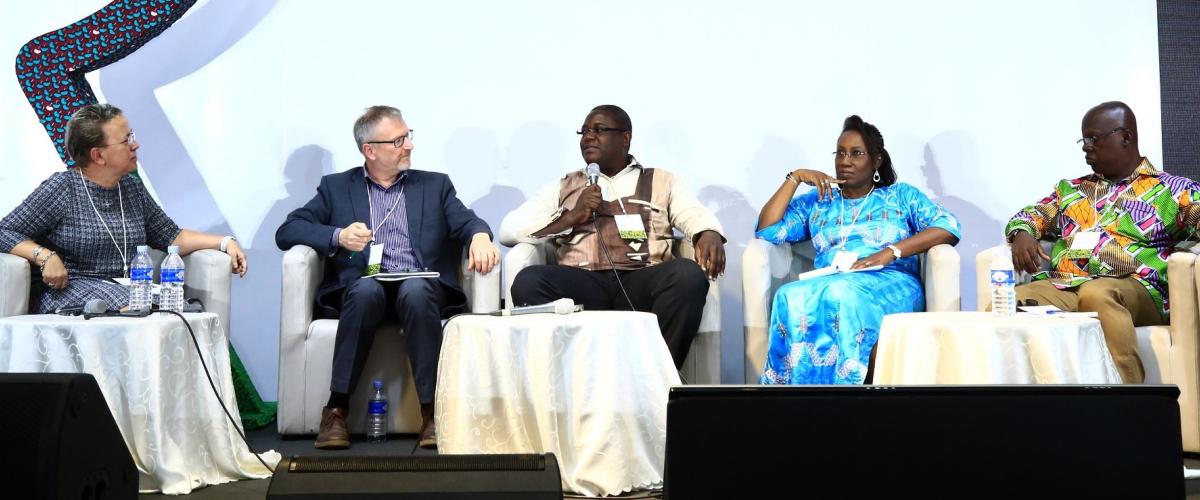
Events
Past Events
The Global Platform for Disaster Risk Reduction is a multi-stakeholder forum. This global forum is an avenue to share knowledge and discuss the latest developments and trends in reducing disaster risk.
The UN General Assembly recognizes the Global Platform as a critical mechanism to review progress on the implementation of the Sendai Framework for Disaster Risk Reduction. At the Platform, governments, the UN system and all stakeholders get together to identify ways to further accelerate the implementation of the Sendai Framework. Since 2007, six sessions of the Global Platforms have taken place. The outcomes are recognized by the General Assembly as a contribution to the deliberations of the High-Level Political Forum on Sustainable Development (HLPF), held each year in July and thus, contributing to risk-informed implementation and monitoring of the 2030 Agenda for Sustainable Development.
CRP hosted a 5-day workshop for five cities in the Western Balkans to develop their understanding of urban infrastructure projects that integrate resilience. The workshop was hosted by the Municipality of Tirana and gathered 23 delegates from Albania, Bosnia and Herzegovina, Kosovo, and Serbia.
This session of the Making Cities Resilient 2030 (MCR2030) webinar provided in-depth information to help cities, local authorities, and their partners understand better what the City Resilience Program is and how to access its support.
CRP, in collaboration with the Resilient Cities Network, organized a webinar focused on the importance of “Aligning Stakeholder Priorities in Urban Resilience” with important lessons about the role of donor support for delivering resilient urban development, what value it adds, and how it could become even more effective.
CRP hosted a 3-day workshop for eight metropolitan municipalities in South Africa on resilient project preparation. The workshop explored the tools and know-how needed to design resilience informed capital projects, including how resilience through an asset can be addressed along with the basic economics of an investment.
The third annual South Asia Hydromet Forum (SAHF III) on November 15-18, 2021, will examine how pooling data, resources, and information can improve weather and climate services as the region adapts to climate change. The event is organized by the World Bank, Regional Integrated Multi-Hazard Early Warning System for Africa and Asia, and Global Facility for Disaster Reduction and Recovery, with support from the European Union, World Meteorological Organization, and UK's Foreign, Commonwealth and Development Office.
CRP hosted a 4-day multi-country workshop dedicated to the Europe & Central Asia (ECA) region. The workshop gathered representatives of 14 cities from Albania, North Macedonia, Turkey and Uzbekistan and engaged them on the early stages of the project cycle. Participants developed an understanding of capital project priorities that integrate resilience into the delivery of strategic urban infrastructure.
